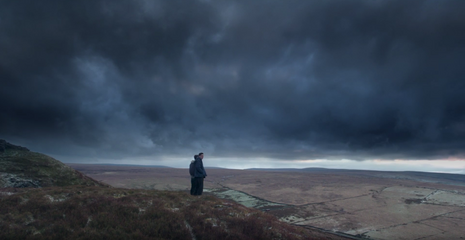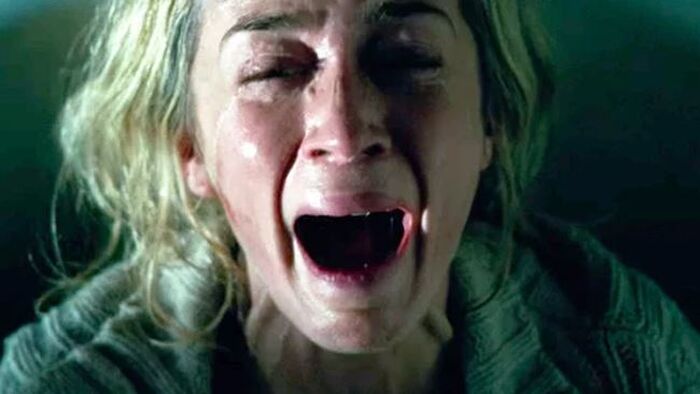God’s Own Country review: ‘muddy, raw and gorgeous’
Tom Knight muses on an unlikely love story blossoming on the Yorkshire Moors

There is a grim hardness to be in found in God’s Own Country – Francis Lee’s muddy, raw and gorgeous first feature film.
The action is set on a cold, windy farm in West Yorkshire where Johnny and his tired parents are just about keeping afloat. The cattle are fed, the lambs are born and the fences are repaired, but times are tough and something is going to have to give. A dark cloud is hanging over the farm, and it’s not just the Yorkshire weather.
Director Lee keeps a close focus on Johnny’s face at the start of the film, capturing each grimace, sigh and muttered curse with intimate handheld camera work. It is a claustrophobic technique that helps paint a picture of a teenager entrapped by domestic responsibilities and a lack of opportunity. Johnny’s only escape from the daily grind is the vast expanse of the countryside or, more often, the pub.
Enter Gheorghe, hired by the family on a short-term contract to help out around the farm. He is greeted in the only way Johnny understands – callous looks and racial slurs, barked in an attempt to reassert his sense of control in the face of a newcomer. In a particularly arresting scene we see Johnny desperately try to abuse Gheorghe in a caravan, without quite knowing why or how. His emotions are raw and passionate yet he has no idea how to deal with them.
Johnny’s defences are gradually broken down as Gheorghe teaches him to recognise what he is truly feeling and, moment by moment, they stumble into a deep love. Gheorghe (literally) takes Johnny by the hands as he mentors him through this unchartered territory. One step at a time, Johnny starts to open up to his vulnerabilities and in doing so acquires a strength more powerful than his aggressive frontage at the start of the film.
As though affected by the lovers’ swelling emotions, the landscape itself starts to change. Instead of searching for the mud and grease of the farm, the camera now gazes at the beauty around it. Slow shots of rolling hills, vast lakes and breaking dawns usher in a hopefulness that was absent at the start of the film.
The film's cumulative effect is to break you down before it builds you up – and it all leaves you breathless.
But the Moors do not just reflect the film’s tonal change - they are used as a character in their own right. Humanising the landscape has a long cinematic history (see Red Dawn or Fitzcarraldo) but Lee’s masterstroke is to draw a parallel between the regeneration of the land and the rebirth in the plot. Fertilisation, growth and harvest of the farmland seem to participate in Johnny’s transformation as much as the dialogue or action. It is a clever metaphor that provides increasing returns in the final scenes.
The film’s cumulative effect is to break you down before it builds you up – and it all leaves you breathless. Lee clearly has a sharp understanding of how the gritty and the profound can be used hand-in-hand, such that by the end of the film it is hard to draw a line between the two.
We have no idea what will happen to Johnny and the farm, but what we do know is that Gheorghe will be by his side.
 News / Eight Cambridge researchers awarded €17m in ERC research grants27 December 2025
News / Eight Cambridge researchers awarded €17m in ERC research grants27 December 2025 News / Downing investigates ‘mysterious’ underground burial vault 29 December 2025
News / Downing investigates ‘mysterious’ underground burial vault 29 December 2025 Lifestyle / Ask Auntie Alice29 December 2025
Lifestyle / Ask Auntie Alice29 December 2025 Sport / Hard work, heartbreak and hope: international gymnast Maddie Marshall’s journey 29 December 2025
Sport / Hard work, heartbreak and hope: international gymnast Maddie Marshall’s journey 29 December 2025 Interviews / Meet Juan Michel, Cambridge’s multilingual musician29 December 2025
Interviews / Meet Juan Michel, Cambridge’s multilingual musician29 December 2025







